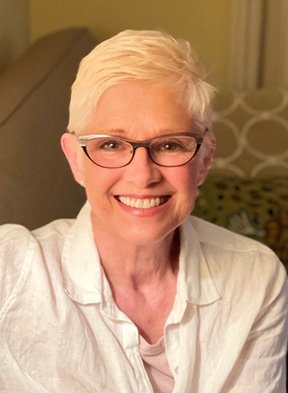Dorothy Goulah
Less than a month from my eighteenth birthday my mother took her life. It was not her first attempt. Years later my uncle informed me it had been her fifth.
In 1972 there was little information about grieving a suicide. So I didn’t. I did what I could to live my life. I did what I could to keep the feelings of being a motherless child at bay. All means of escape were tried.
My life story is adventurous tending toward perfectionism and self-loathing.
Two failed marriages, two grown children, and the loss of all those who knew me as a child found me in a career change in my sixth decade. I attended college for the first time.
I became the first in my family to graduate with a BA in Sociology at the age of sixty-two. Loving the classroom, and the opportunity to grow and expand my horizons, I was encouraged to pursue a master’s degree.
As a newly single woman, the academic work filled me with confidence, and I began to feel like I could be someone. I wrote a paper entitled “Suicide: A Long Time Coming.” My mother’s life and death streamed out of me. At my professor’s insistence I submitted the paper to an academic journal, and I became a published author.
My thesis topic had been born. My study of suicide loss survivors was profound. I wanted to understand what I and all who have lived through a loved one’s suicide suffer through. As part of my research, I began attending a drop-in suicide loss survivor support group and my healing began 47 years after the fact. Sharing my deepest pain with others who knew what I was talking about was remarkably freeing. It felt like a deep breath in a cool forest.
I researched and wrote my thesis over the spring and summer of 2020, while we were all confined to our homes. “Survivors of Suicide Loss: Navigating Social Stigma and Threats to Social Bonds” was published after being honored with the Office of Graduate Studies’ Distinguished Thesis/Graduate Project Award. I continue to research and write. My dedication to those who grieve has established me as a force for healing and education.
Currently a facilitator for the suicide loss survivor group I once attended, a coordinator for a national program for peer-to-peer conversations with suicide loss survivors, a responder for my city’s crisis response team, I am also a certified grief educator devoted to educating the public about grief and the power of bereavement.



